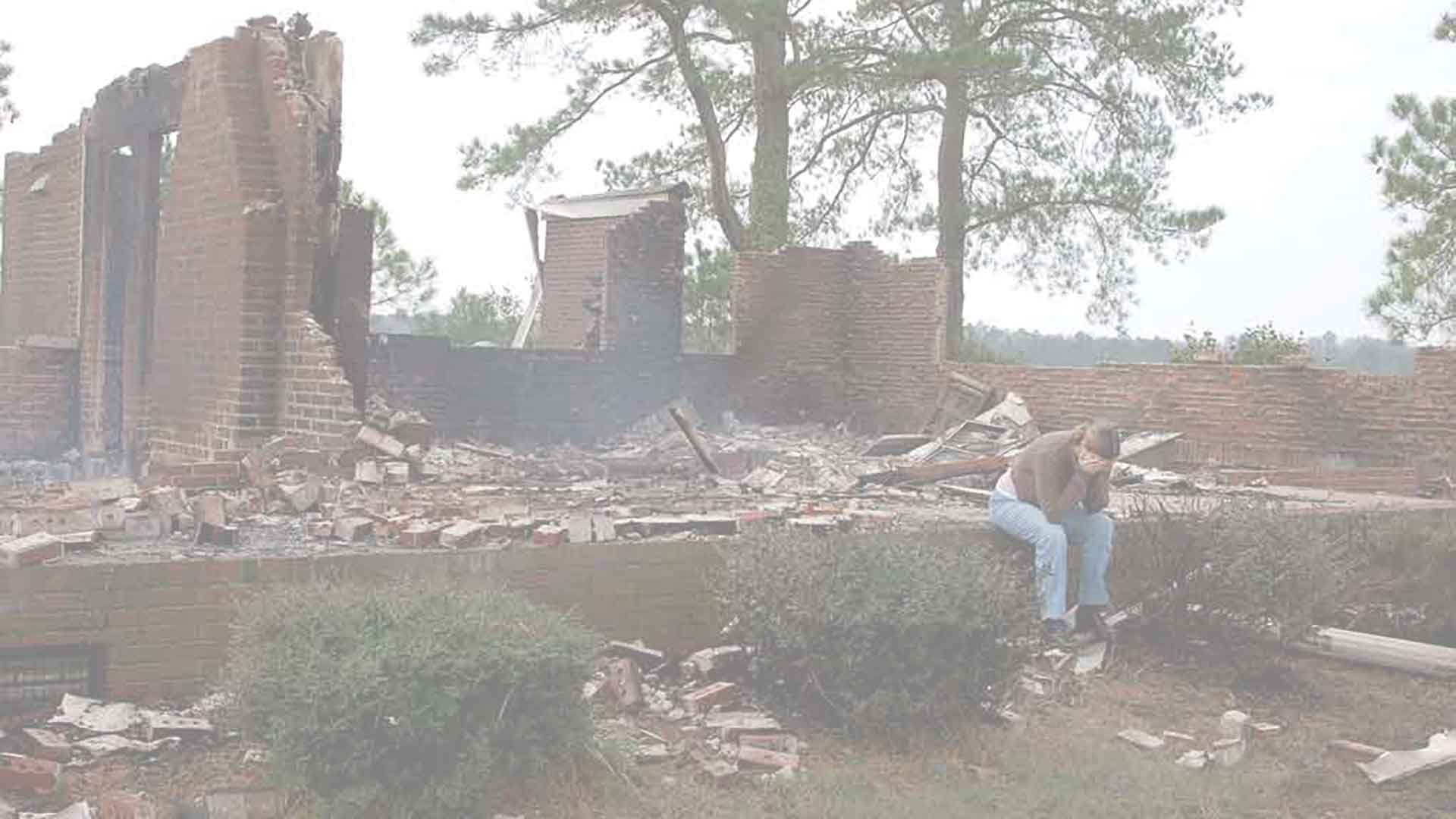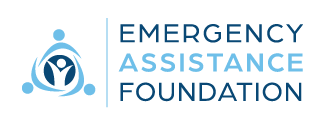
Fundraising Improves Community Ties AND Raises Money
March 4, 2015
Handling an Emergency That Stretches a Relief Fund to the Limit
May 19, 2015March 18, 2015
There is a growing trend of corporations starting disaster & hardship relief funds to help support company team members in times of financial need due to disaster or severe personal hardship. The hallmark of most of these programs is that team members themselves sign up to make contributions to the fund, which help it grow. And all team members become eligible to receive grants from the fund should they ever suffer a qualifying severe financial hardship. These funds are a great way to show team members that they are cared for, and they help to build a sense of community within the organization.
Unfortunately, without donations made from the very top of the organizational pyramid, companies run the risk of leaving team members feeling as though they are still fending for themselves. If donations start from the bottom, but never reach the top, it is easy to see why this may end up being the case. When the goal is to inject a bit of humanity into the corporation’s image, charity has to start at the top.
If a fund is just getting started, initial donations from some of the company’s top members can get the ball rolling in more ways than one. Those initial contributions set the tone for team members about how important the fund truly is to the people behind the organization. Team members know executive support for the fund means that the company supports its own in times of need. Money speaks louder than words, and team members are more likely to feel cared for when there is tangible proof that company leaders are willing to invest personally in their team members’ health and well-being.
For established funds, strategically timed personal donations from high level stakeholders can reinforce the importance of the fund in the eyes of team members. Ideas such as, a donation on the anniversary of a past disaster, on the anniversary of the fund’s inception, or another date that is significant to the company and its team members, can be effective. Tying contributions from upper management and executives to a noteworthy occasion communicates the importance of the fund.
For new and established funds alike, support from company leadership is essential. Disaster & hardship relief grant funds are personal to team members, and by showing that they are also of personal importance to key company stakeholders, it increases team member loyalty and reinforces the message the fund is intended to convey.





